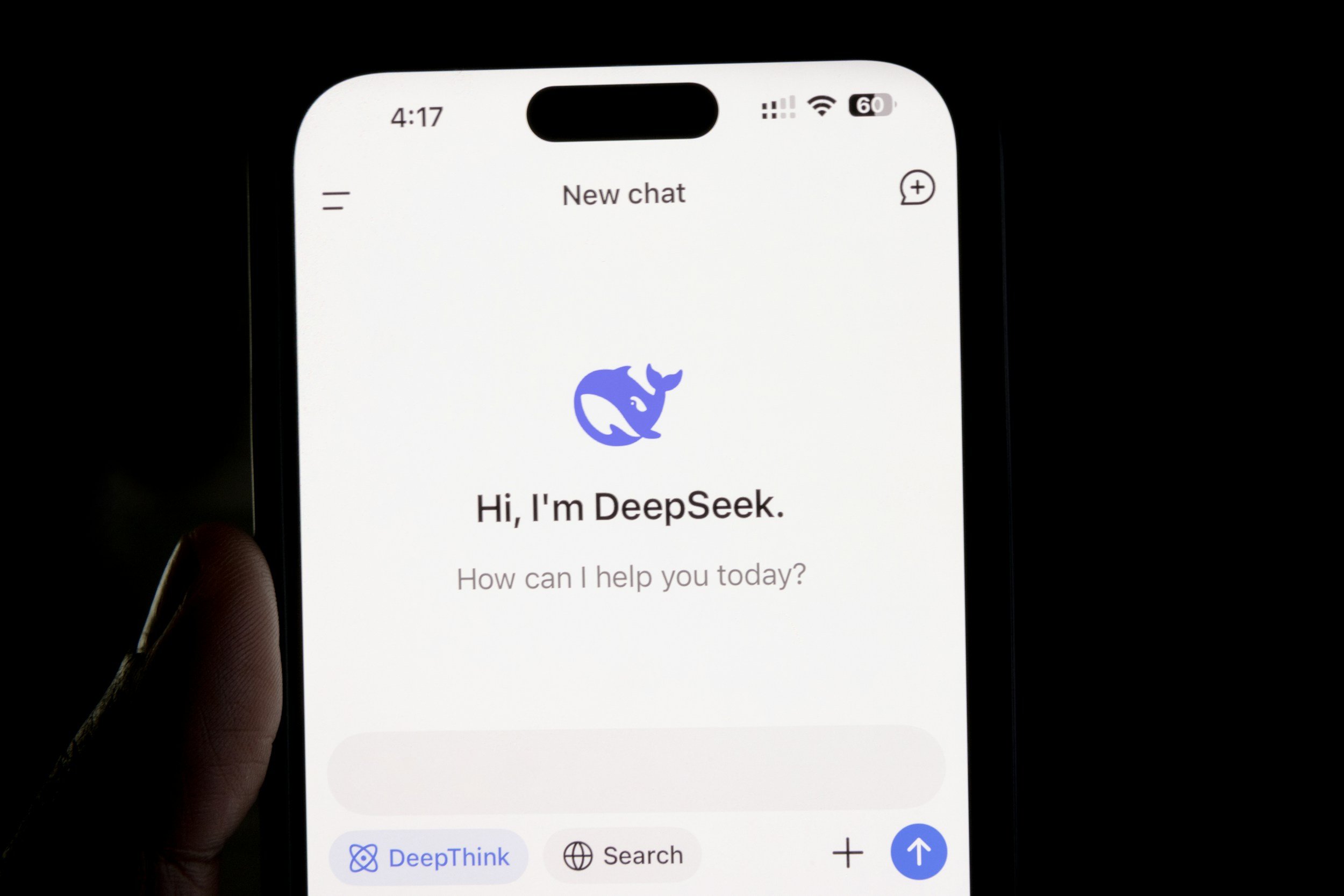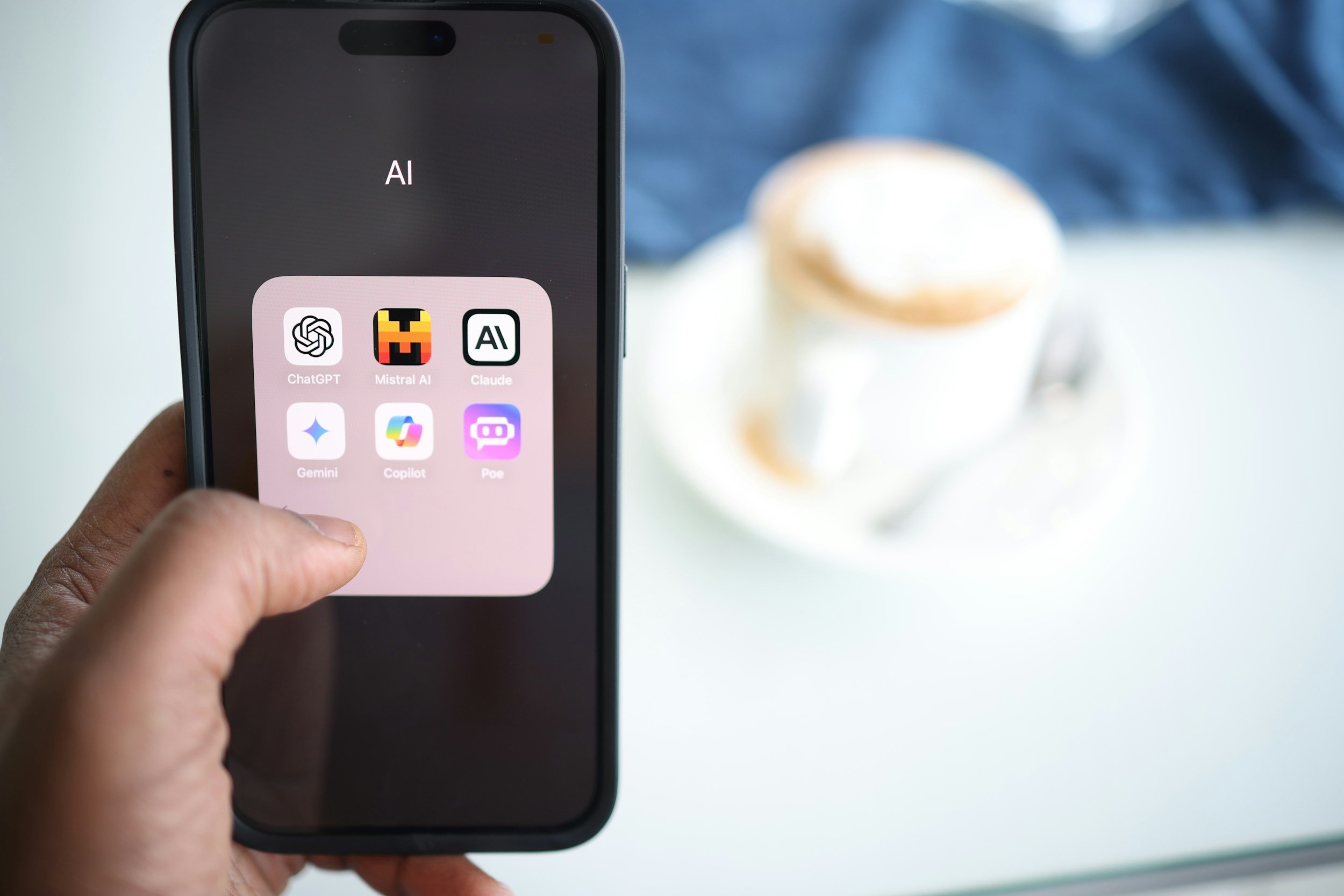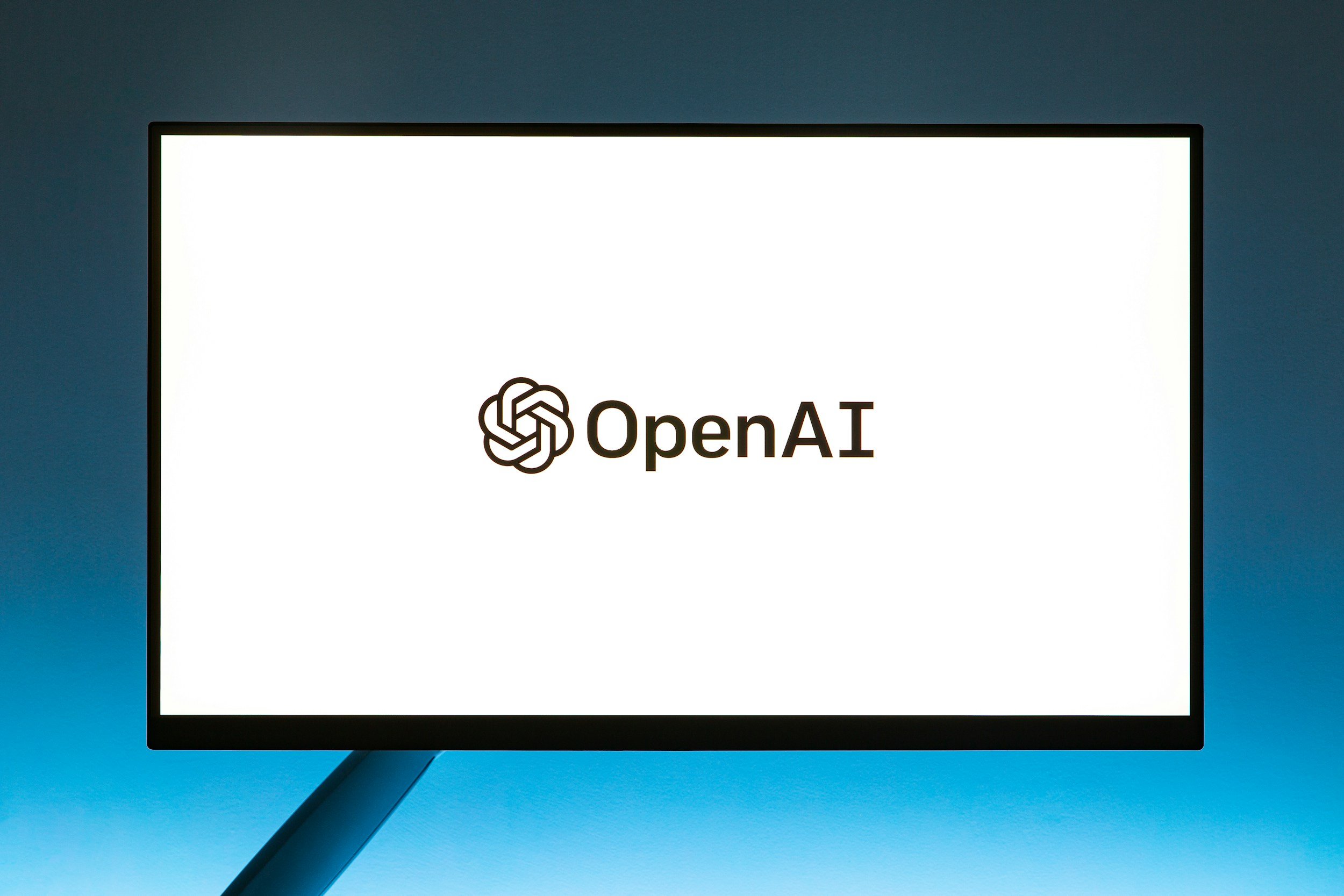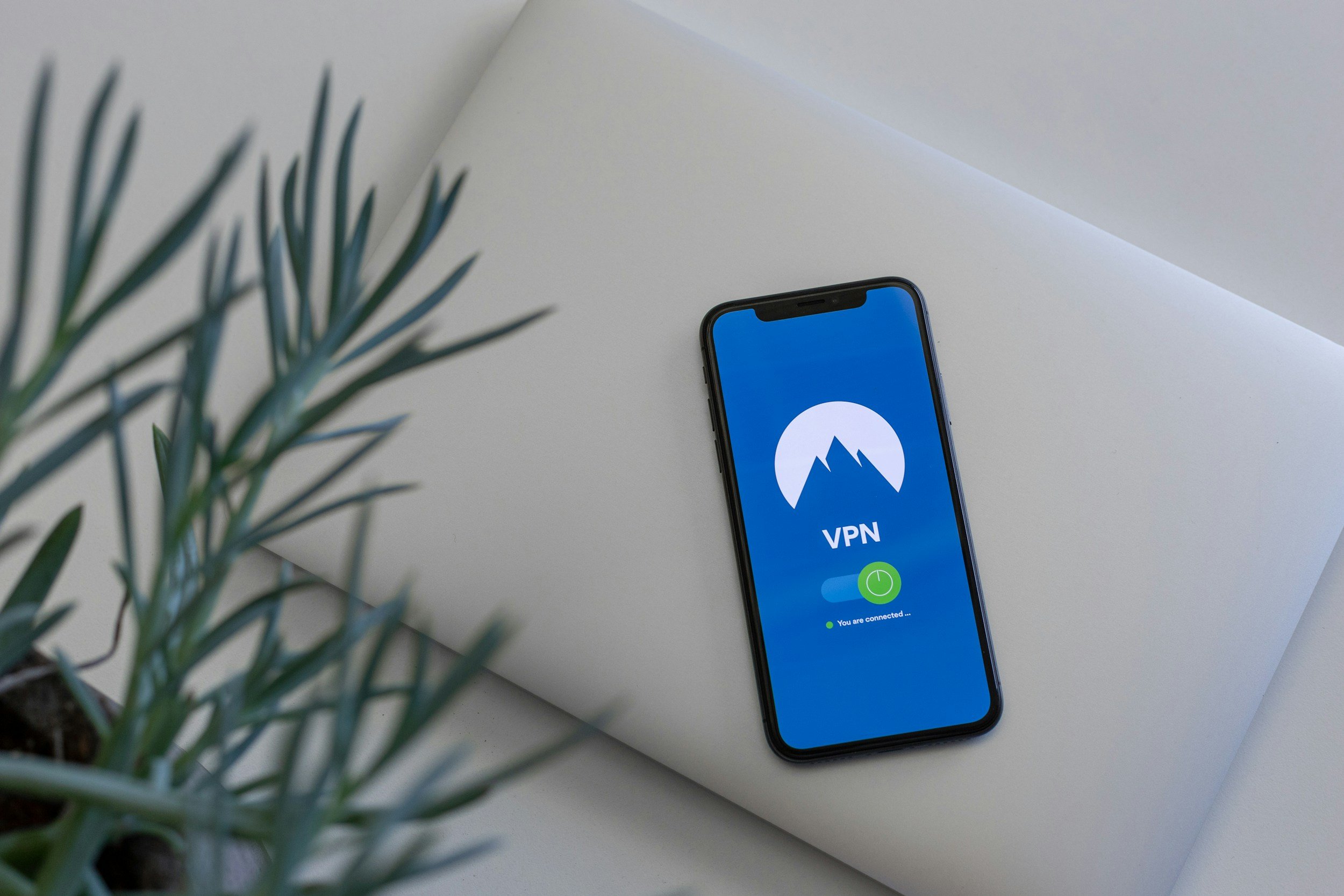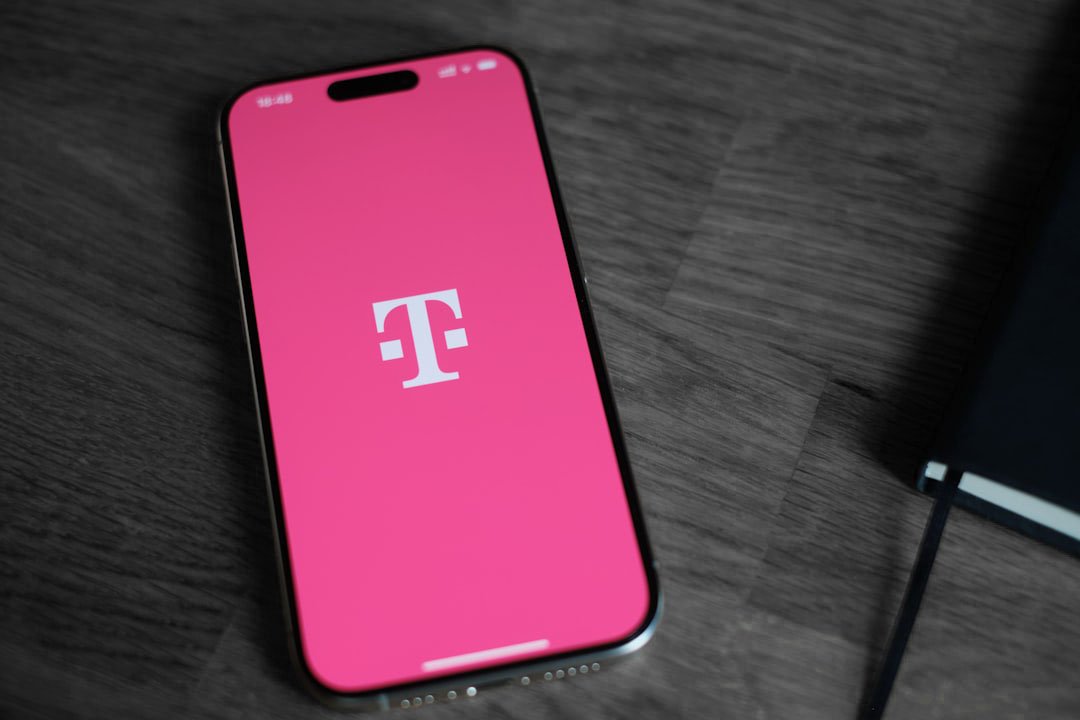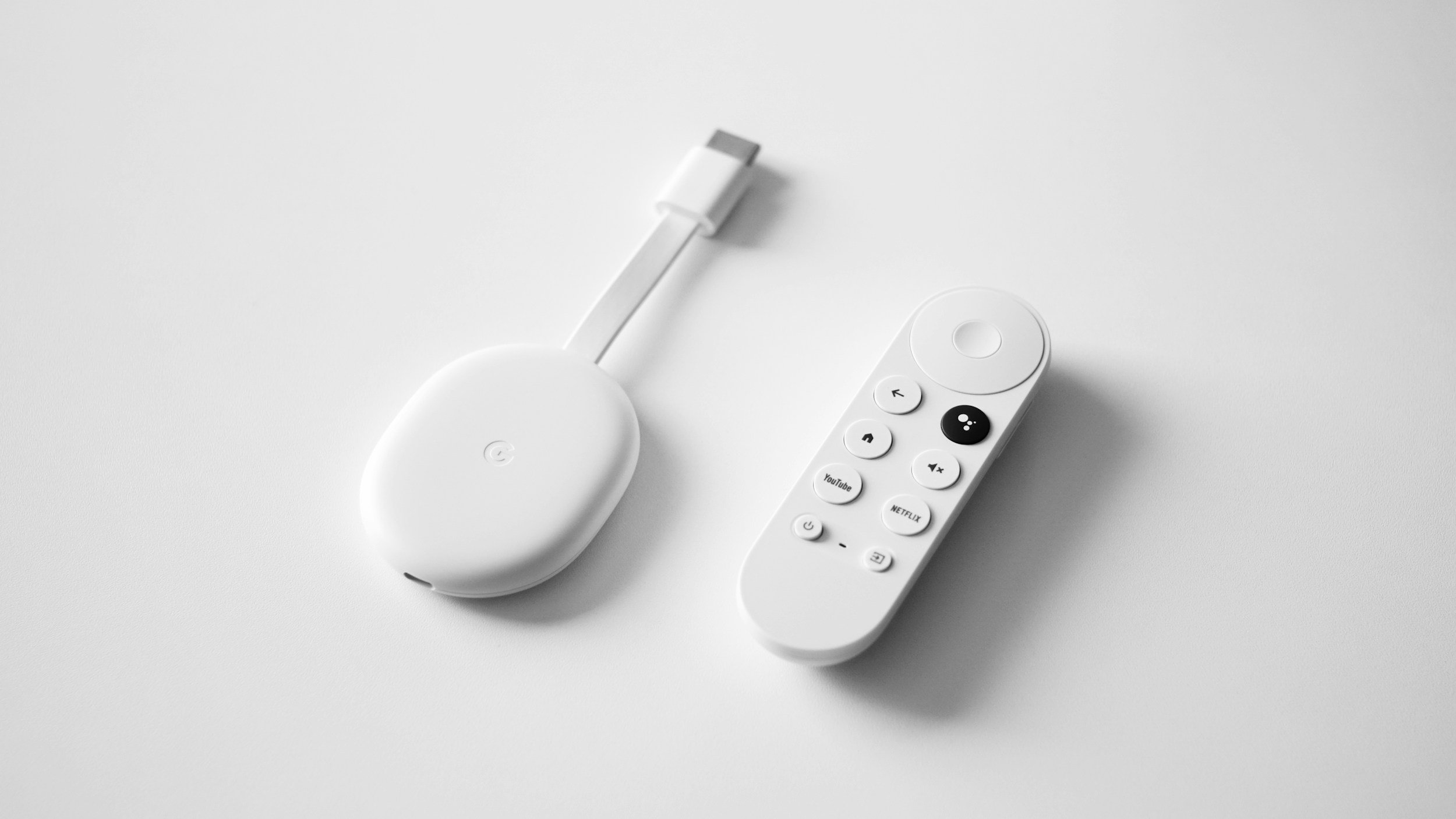Why Is ChatGPT So Slow? – How to Fix It
When you purchase through links on my site, I may earn an affiliate commission. Here’s how it works.
Table of Contents Show
Most of us know that ChatGPT can do some seriously mind-blowing stuff – writing different kinds of creative text formats, like poems, code, scripts, musical pieces, email, letters, etc., translating languages, answering your questions in an informative way, even if they're open ended, challenging, or strange. It's great … but …
But there's one thing that's been bugging a lot of users, and honestly, it's been bugging me too: why is ChatGPT sometimes so slow? You're in the middle of a conversation, the ideas are flowing, and then bam – it's like the whole thing comes to a screeching halt.
I've seen the comments, the forum posts, the tweets, and I have experienced it myself. That's why I wanted to dedicate this post to getting to the bottom of this speed issue.
We're gonna shortly break down the tech behind ChatGPT, explore the reasons why it can sometimes feel like it's stuck, and uncover some tips and tricks to help you get those responses a little faster.
Why Is My ChatGPT So Slow Today?
1. ChatGPT’s Model Complexity
First, let's shortly talk about what's happening behind the scenes when you're chatting with ChatGPT. This really helps in understanding why it might slow down in the first place.
Imagine it like this: ChatGPT's brain is a massive network of interconnected nodes, kind of like a super complex neural network, but on a scale you wouldn't believe. It's trained on a gigantic amount of text data, and it uses this data to understand your requests and generate responses.
Now, think of each word, each sentence, as a pathway through this network. To come up with a coherent response, ChatGPT has to process your input, find the relevant information in its memory banks, and then generate new text by traversing those pathways, making connections, and predicting what comes next. It's kinda like navigating a maze, but this maze has billions of possible routes!
All this processing takes serious computational power. We're talking about massive data centers filled with high-performance servers working around the clock.
And here's the thing: the more complex the model, the more processing power it needs. It's a trade-off. OpenAI could probably make ChatGPT faster, but it might mean sacrificing some of its accuracy or creativity.
So overall, keep in mind that it's a balancing act between speed and intelligence, and sometimes, that means we have to be a little patient. Unless it really takes forever – this is NOT normal!
2. OpenAI’s Server Capacity
Alright, so we've talked about ChatGPT's complex brain, but now let's zoom out and look at the infrastructure that supports it. You can picture ChatGPT as a bustling city, and the servers as the power grid keeping everything running. These servers are working tirelessly in the background to handle all the requests coming in from millions of users worldwide.
Now, just like a city can get overwhelmed during rush hour, these servers have a limited capacity. When too many people try to access ChatGPT at the same time – like when a new feature drops or everyone's trying to finish their homework at the last minute – it puts a strain on the system. Think of it like everyone trying to use the same freeway at once; things are bound to slow down.
This "traffic jam" on the servers can lead to those frustrating delays we've all experienced. Your request is stuck in a queue, waiting its turn to be processed, and the response time takes a hit.
OpenAI is definitely aware of this, and I’m pretty sure they're constantly working to upgrade their infrastructure and increase server capacity. To use the metaphor from just a sec ago: they’re expanding the freeway to accommodate more cars, but it's a complex and ongoing process. They're also exploring ways to optimize the model itself, making it more efficient without sacrificing performance.
In the meantime, there are a few things we can do to try and avoid those peak traffic times. Maybe try using ChatGPT during off-peak hours, like early mornings or late nights. Or, if you're really in a hurry, consider subscribing to ChatGPT Plus (more on this later) – you get priority access to the servers and potentially faster response times. It's not a magic bullet, but it might just give you the edge you need.
3. Your Internet Connection
Okay, so we've covered ChatGPT's brainpower and the servers it runs on, but there's another crucial piece of the puzzle: your own internet connection.
A slow or unstable internet connection can seriously impact your ChatGPT experience. Every interaction with ChatGPT involves sending data back and forth between your device and those servers we talked about. If your internet speed is sluggish, it's like trying to have a conversation over a crackling phone line – things get lost in translation, and the whole thing just feels laggy.
Here's the deal: even if OpenAI's servers are running smoothly, a weak Wi-Fi signal, network congestion, or a low bandwidth cap can create bottlenecks that slow down response times.
So, what can you do to optimize your internet speed? Here are a few quick tips:
Check Your Wi-Fi Signal
Make sure you're close to your router and that there aren't any obstacles blocking the signal. You might even consider upgrading to a mesh Wi-Fi system for better coverage throughout your home.
Close Unnecessary Apps and Tabs
Streaming services, online games, and other bandwidth-hungry apps can hog your internet connection. Close anything you're not actively using to free up some bandwidth for ChatGPT.
Run a Speed Test
Use a website like Ookla's Speedtest.net to check your download and upload speeds. If they're significantly lower than what you're paying for, it might be time to contact your internet service provider.
Consider a Wired Connection
If you're serious about getting the best possible performance, connect your device directly to your router with an Ethernet cable. This bypasses Wi-Fi altogether and usually provides a more stable and faster connection.
4. Different ChatGPT Account Types
Now, let's talk about the different tiers of ChatGPT access, because, yes, just like your favorite streaming service or online game, there's a free version and a paid version. And you might be wondering, "Does paying for ChatGPT Plus actually make a difference in speed?" Well, the short answer is ... yes, it definitely can.
Think of it like this: with the free version of ChatGPT, you're essentially accessing the basic service. It's great for casual use, trying things out, and getting a feel for what ChatGPT can do. But, just like free Wi-Fi at a coffee shop, it can get crowded and slow, especially during peak hours when everyone's trying to get their caffeine fix.
ChatGPT Plus, on the other hand, is like having a VIP membership. You're paying for a premium experience, and that often includes faster response times. Why? Because Plus subscribers get priority access to those powerful servers we talked about earlier.
Now, I'm not saying ChatGPT Plus is a magic bullet that will eliminate all lag. There are still other factors at play, like the complexity of your requests and the overall server load. But, if you're a heavy ChatGPT user, or if you rely on it for time-sensitive tasks, those faster response times can definitely make a difference.
Plus, with ChatGPT Plus, you often get access to other perks, like the latest and greatest language models, expanded usage limits, and early access to new features – you're getting the best that OpenAI has to offer.
Well, whether or not ChatGPT Plus is worth it for you depends on your individual needs and how much you value those faster response times. If you're a casual user, the free version will be just fine. But if you're serious about using ChatGPT for work, creative projects, or just want the smoothest possible experience, then upgrading to Plus is definitely a worthwhile investment, in my opinion.
5. The Specific GPT-Model You Use
Just like different PCs have different processors and RAM, there are actually different versions of the ChatGPT model running behind the scenes, and they don't all perform the same way.
OpenAI has a range of models, including GPT-4o, GPT-4o mini, o1-preview, and o1-mini. These models differ in their size, complexity, and ultimately, their speed.
Now, here's where it gets interesting: the larger, more complex models, like GPT-4o, are trained on more data and can generate more nuanced and accurate responses. But this comes at a cost – speed.
On the other hand, the smaller models, like GPT-4o mini, are designed for speed and efficiency. They might not be as accurate or creative as their larger counterparts, but they can churn out responses much faster.
So, if you're noticing that ChatGPT seems particularly slow, it could be that you're interacting with one of the larger, more complex models. OpenAI is constantly tweaking these models and trying to find the sweet spot between speed and accuracy, but it's a delicate balancing act for sure.
The good news is that you can sometimes choose which model you want to use, especially if you have a ChatGPT Plus subscription. So, if speed is your priority, you might want to opt for one of the smaller models. But if accuracy is key, then you might be willing to wait a little longer for those more nuanced responses from the larger models.
6. Lengthy Conversations
Let’s say you're deep in a conversation with ChatGPT, bouncing ideas back and forth, things are getting complex, and then ... the annoying slowdown creeps in. It feels like ChatGPT's getting tired and needs a coffee break. But why does this even happen?
Well, it turns out ChatGPT has a bit of a short-term memory. It can keep track of the conversation history, but as that history gets longer and more complex, it has to juggle more and more information. I like comparing it to trying to remember a long, complicated order at a drive-thru – the more items you add, the harder it gets to keep everything straight.
This "memory overload" can put a strain on ChatGPT's processing power, leading to slower response times and even occasional hiccups; similar to your computer slowing down when you have too many programs open at once – everything just starts to lag.
So, what's the solution? Well, one trick is to break down those marathon conversations into smaller sprints. Think of it like writing a long essay – you wouldn't try to write the whole thing in one go, right? You'd break it down into smaller sections, paragraphs, and sentences.
Similarly, with ChatGPT, you can try starting a new chat session every now and then, especially if you're working on a complex project or the conversation starts to feel sluggish. This gives ChatGPT a chance to "reset" its memory and focus on the task at hand.
Plus, it will help keep your conversations organized and focused, which is always a good thing.
How to Fix Slow ChatGPT
Alright, let's get into some troubleshooting tips that hopefully give ChatGPT the boost it needs.
1. Clear Your Browser Cache and Cookies
First up: clearing your browser cache and cookies. Now, you might be thinking, "What do cookies have to do with AI?" Well, in my experience, keeping your browser running smoothly can indirectly affect how ChatGPT performs.
Think of your browser cache as a storage locker where your browser keeps temporary files, like images and website data. It's designed to speed things up by loading frequently accessed websites faster.
Cookies, on the other hand, are like little notes that websites leave on your computer to remember your preferences and login information.
Now, while these things are generally helpful, they can sometimes cause issues, especially if they become outdated or corrupted.
In my experience, giving your browser a fresh start can often resolve performance issues, including those that might be affecting ChatGPT.
Here's a quick rundown of how to clear your cache and cookies in some popular browsers:
Chrome
Click the three dots in the top right corner.
Go to "More tools" > "Delete browsing data."
Choose a time range (e.g., "Last hour" or "All time").
Select "Cookies and other site data" and "Cached images and files."
Click "Delete data."
Safari
Go to "Safari" > "Settings" in the top menu bar.
Click the "Privacy" tab.
Click "Manage Website Data."
Select "Remove All."
Click "Remove Now."
Firefox
Click the three lines in the top right corner.
Go to "History" > "Clear Recent History."
Choose a time range.
Select "Cookies" and "Cache."
Click "OK."
Edge
Click the three dots in the top right corner.
Go to "Settings" > "Privacy, search, and services."
Under "Clear browsing data," click "Choose what to clear."
Select "Cookies and other site data" and "Cached images and files."
Click "Clear now."
It's a simple step, but it can make a big difference. Give it a try and see if it helps!
2. Check OpenAI's Status Page
So you've tried clearing your cache, you've checked your internet speed, but ChatGPT is still moving slowly. What's the next step? Well, before you pull your hair out, it's worth checking OpenAI's status page.
OpenAI's status page gives you the inside scoop on what's happening with their services.
You can check the status page to see if there are any reported outages, server issues, or scheduled maintenance that might be affecting ChatGPT's performance.
Here's the link to the status page: https://status.openai.com/
Bookmark it, because it's a valuable resource for any ChatGPT user. You can see the current status of different services, including ChatGPT, DALL-E, and their API. They also provide updates on any ongoing issues and estimated resolution times.
So, next time you're experiencing slowdowns, head over to the status page to see if there's a known issue on OpenAI's end. It might save you some frustration and help you understand why things aren't running as smoothly as usual.
3. Try a Different Browser
It might sound simple, but sometimes the issue isn't with ChatGPT itself, but with the browser you're using.
Different browsers have different architectures, rendering engines, and JavaScript engines, all of which can affect how web applications like ChatGPT perform. One browser might handle ChatGPT's code smoothly, while another might struggle to keep up.
So, if you're hitting a wall with your usual browser, try switching things up. If you're using Chrome, give Firefox or Edge a shot. Or if you're on Safari, try Chrome or Firefox.
OpenAI officially supports Chrome, Firefox, Safari and Edge, so those are generally good bets.
Here's a pro tip: try opening ChatGPT in an incognito or private window in your browser. This sometimes helps with bugs.
Switching browsers will not always be the solution, but it's a quick and easy thing to try.
4. Disable Browser Extensions
While extensions in general can be super useful, they can sometimes mess with web applications like ChatGPT.
Some extensions, especially those that block scripts or modify web page content, can interfere with ChatGPT's code and slow things down.
So, if you're experiencing persistent slowdowns with ChatGPT, try disabling your extensions temporarily.
Here's how to disable extensions in some popular browsers:
Chrome
Click the three dots in the top right corner.
Go to "Extensions."
Toggle the switch next to each extension to disable it.
Safari
Go to "Safari" > "Settings" in the top menu bar.
Click the "Extensions" tab.
Uncheck the box next to each extension to disable it.
Firefox
Click the three lines in the top right corner.
Go to "Add-ons and themes."
Click "Extensions."
Click the three dots next to each extension and select "Disable."
Edge
Click the three dots in the top right corner.
Go to "Extensions."
Toggle the switch next to each extension to disable it.
If disabling extensions solves your speed problem, you can try re-enabling them one by one to pinpoint the offender.
5. Close Unnecessary Programs and Tabs
There’s something that might be slowing down not just ChatGPT, but your entire computer: those countless tabs and programs running in the background.
You know the drill – you've got your browser open with 50 tabs, and maybe even a game or two minimized.
Each program and tab you have open consumes system resources like RAM and processing power.
And guess what? ChatGPT needs its fair share to function smoothly. If your system resources are stretched thin, it can lead to slowdowns and lag, not just in ChatGPT, but in everything else you're trying to do.
So, here's a simple but effective tip: close any unnecessary programs and tabs.
You'll free up valuable system resources, and ChatGPT will indirectly have more room to work. Plus, it can help you stay focused and avoid distractions, which is always a bonus.
6. Use a VPN
Lastly, let’s talk about VPNs – Virtual Private Networks. Now, you might associate VPNs with security and privacy, which they definitely are great for, but they can also sometimes help with speed, even for something like ChatGPT.
I like to think of a VPN like this: imagine the internet as a network of highways. Sometimes, certain highways get congested with traffic, slowing everything down. A VPN is similar to taking a detour onto a less crowded back road. You might travel a slightly longer distance, but you avoid the traffic jams and potentially reach your destination faster.
In the case of ChatGPT, a VPN can sometimes help you bypass network congestion or routing issues that might be slowing down your connection to OpenAI's servers.
Here's how it works: when you use a VPN, your internet traffic is routed through a server in a different location. This can improve your connection speed, especially if your ISP's network is congested or if there are routing problems between your location and OpenAI's servers.
Now, I'm not saying a VPN is a guaranteed fix for slow ChatGPT speeds. In some cases, it might not make a difference, or it could even slow things down further. It depends on various factors, like the VPN server's location, your internet speed, and the overall network conditions.
But if you've tried everything else and you're still experiencing slowdowns, it is worth giving a VPN a shot. There are many VPN providers out there, both free and paid. If you're not sure where to start, some popular options include NordVPN, ExpressVPN, and Surfshark.
Just remember to choose a reputable VPN provider with fast servers and a good track record.
And, I mean, even if a VPN doesn't magically solve your ChatGPT speed issues, it's still a good tool to have in your digital arsenal for online security and privacy.
Final Thoughts
Okay, guys, we've reached the end of this little guide. I really hope some of these tips have been helpful to you.
Now, while we can't magically eliminate all slowdowns, remember that OpenAI is at least constantly trying to improve ChatGPT's performance. They're upgrading their infrastructure, optimizing their models, and exploring new ways to make the experience faster and smoother in the long run.
In the meantime, I'm curious to hear about your own experiences with ChatGPT speed. Have you encountered any slowdowns? What tricks have you found to improve performance? Share your thoughts and tips in the comments section below!
And if you're interested in staying up-to-date on all things tech, make sure to subscribe to my blog's tech newsletter. I'll keep you in the loop with the latest news, reviews, and insights from the world of technology.
Thanks a lot for reading, and see you around! :)
FAQ
-
Nope! ChatGPT's speed can vary depending on a bunch of factors, like server load, your internet connection, and even the complexity of your requests. Sometimes it's lightning fast, other times it takes a minute to think things through.
-
It can! ChatGPT Plus subscribers often get priority access to servers, which can lead to faster response times, especially during peak hours. Kinda like having a VIP pass to skip the line.
-
OpenAI officially supports Chrome, Firefox, and Safari. But try a few different browsers and see which one feels fastest for you.
-
Most likely! I’m pretty sure OpenAI is constantly working to improve ChatGPT's performance. They're upgrading their infrastructure, optimizing their models, and exploring new ways to make things faster. So, stay tuned for future updates!
-
Try these quick tips:
Clear your browser cache and cookies.
Close any unnecessary programs and tabs.
Make sure you have a strong internet connection.
Try disabling browser extensions.
Consider using a VPN.
Break down long conversations into smaller chunks.
-
Check out OpenAI's status page: https://status.openai.com/
MOST POPULAR
LATEST ARTICLES





